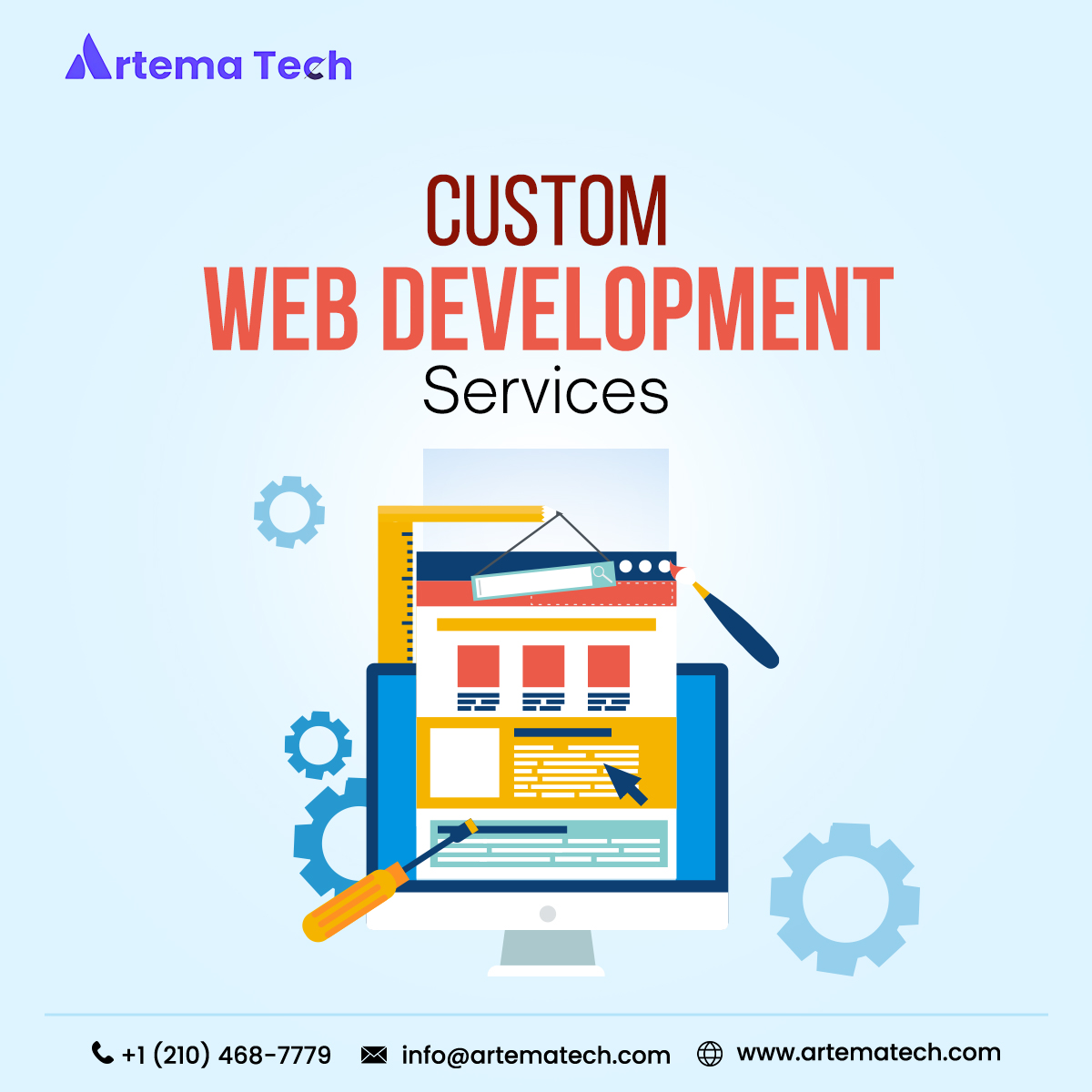HRMS Solutions: Transforming Human Resource Management
In today’s fast-paced business environment, managing human resources efficiently is essential for organizational success. HRMS solutions have emerged as a game-changer, streamlining HR processes, reducing administrative burdens, and improving overall workforce management. With businesses evolving rapidly, leveraging an advanced HRMS solution ensures seamless operations, enhances employee experience, and boosts productivity.
Understanding HRMS Solutions:
HRMS (Human Resource Management System) solutions integrate multiple HR functions into a single platform. These functions typically include payroll management, attendance tracking, performance evaluation, employee onboarding, and compliance management. By automating repetitive tasks, HRMS solutions allow HR professionals to focus on strategic initiatives rather than time-consuming administrative duties.
Key Features of HRMS Solutions:
Modern HRMS solutions come with a variety of features that enhance HR efficiency and employee satisfaction:
1. Payroll and Compensation Management
HRMS automates salary calculations, tax deductions, and benefits administration. This ensures timely and accurate payroll processing, reducing errors and ensuring compliance with tax regulations.
2. Time and Attendance Tracking
With built-in time-tracking capabilities, HRMS help businesses monitor employee work hours, leave requests, and overtime calculations. This feature reduces discrepancies and simplifies workforce management.
3. Recruitment and Onboarding
Hiring and onboarding new employees is a critical process for any business. An HRMS solution provides applicant tracking, digital documentation, and seamless onboarding workflows, ensuring a smooth transition for new hires.
4. Performance Management
HRMS facilitates goal setting, continuous feedback, and structured performance evaluations. Managers can track employee progress and offer constructive feedback to improve overall productivity.
5. Compliance and Security
Regulatory compliance is a major concern for businesses. HRMS solutions ensure adherence to labor laws, company policies, and industry regulations while safeguarding sensitive employee data.
Benefits of Implementing HRMS Solutions:
1. Increased Efficiency
By automating HR tasks, businesses save time and reduce human errors. HRMS enable HR teams to manage large volumes of employee data effortlessly, ensuring accuracy in payroll, attendance, and compliance.
2. Enhanced Employee Experience
Employees benefit from self-service portals where they can access payslips, update personal details, and request leave. This empowerment leads to higher job satisfaction and improved workplace morale.
3. Data-Driven Decision Making
With real-time analytics and reporting capabilities, HR professionals can make informed decisions related to workforce planning, performance evaluation, and talent retention strategies.
4. Cost Savings
An HRMS solution reduces administrative overhead by minimizing paperwork, eliminating redundant tasks, and optimizing resource allocation. This leads to long-term cost savings for businesses.
5. Scalability and Customization
Whether a startup or an enterprise, businesses can customize HRMS solutions to fit their specific needs, ensuring seamless scalability as the organization grows.
How HRMS Solutions Improve Workforce Management:
1. Streamlined Communication
HRMS enhances internal communication by centralizing employee data and HR processes. Employees and managers can access information, submit requests, and receive approvals without unnecessary delays.
2. Real-Time Monitoring
With real-time dashboards and reports, HR managers can track key metrics such as attendance trends, payroll expenses, and employee productivity. This data-driven approach helps in proactive decision-making.
3. Remote Work Integration
In the era of remote work, HRMS solutions provide virtual collaboration tools, attendance tracking for remote employees, and digital document management, ensuring seamless operations regardless of location.
Choosing the Right HRMS Solution:
Selecting the right HRMS solution requires careful evaluation of business needs, budget, and scalability options. Here are key factors to consider:
- User-Friendliness: The system should have an intuitive interface for easy navigation.
- Integration Capabilities: Ensure the HRMS tools integrates with existing business tools such as payroll software, accounting systems, and performance management platforms.
- Customization: Every business has unique requirements; opt for a solution that allows flexibility in features and configurations.
- Security Measures: Look for an HRMS with strong data encryption, access control, and compliance adherence.
- Customer Support: Reliable customer service ensures smooth implementation and ongoing support for technical issues.
Future Trends in HRMS Solutions:
The HR technology landscape is evolving rapidly. Some of the emerging trends shaping the future of HRMS solutions include:
1. Artificial Intelligence and Automation
AI-driven HRMS solutions enhance talent acquisition, automate routine HR tasks, and provide predictive analytics for workforce planning.
2. Employee Well-Being and Engagement Tools
Modern HRMS platforms now incorporate employee well-being programs, mental health resources, and engagement tracking to foster a positive work environment.
3. Mobile-Friendly HRMS
With a growing mobile workforce, businesses are prioritizing mobile-friendly HRMS solutions that allow employees to manage HR tasks on-the-go.
4. Blockchain for HR Security
Blockchain technology is being integrated into HRMS to enhance data security, prevent fraud, and ensure transparent record-keeping.
Conclusion:
Incorporating an effective HRMS solution is no longer a luxury but a necessity for modern businesses. It streamlines HR operations, enhances efficiency, and empowers employees, making it a vital investment for organizations striving for growth and success. By choosing the right HRMS solutions, companies can foster a productive work environment while ensuring compliance and operational excellence.














Post Comment